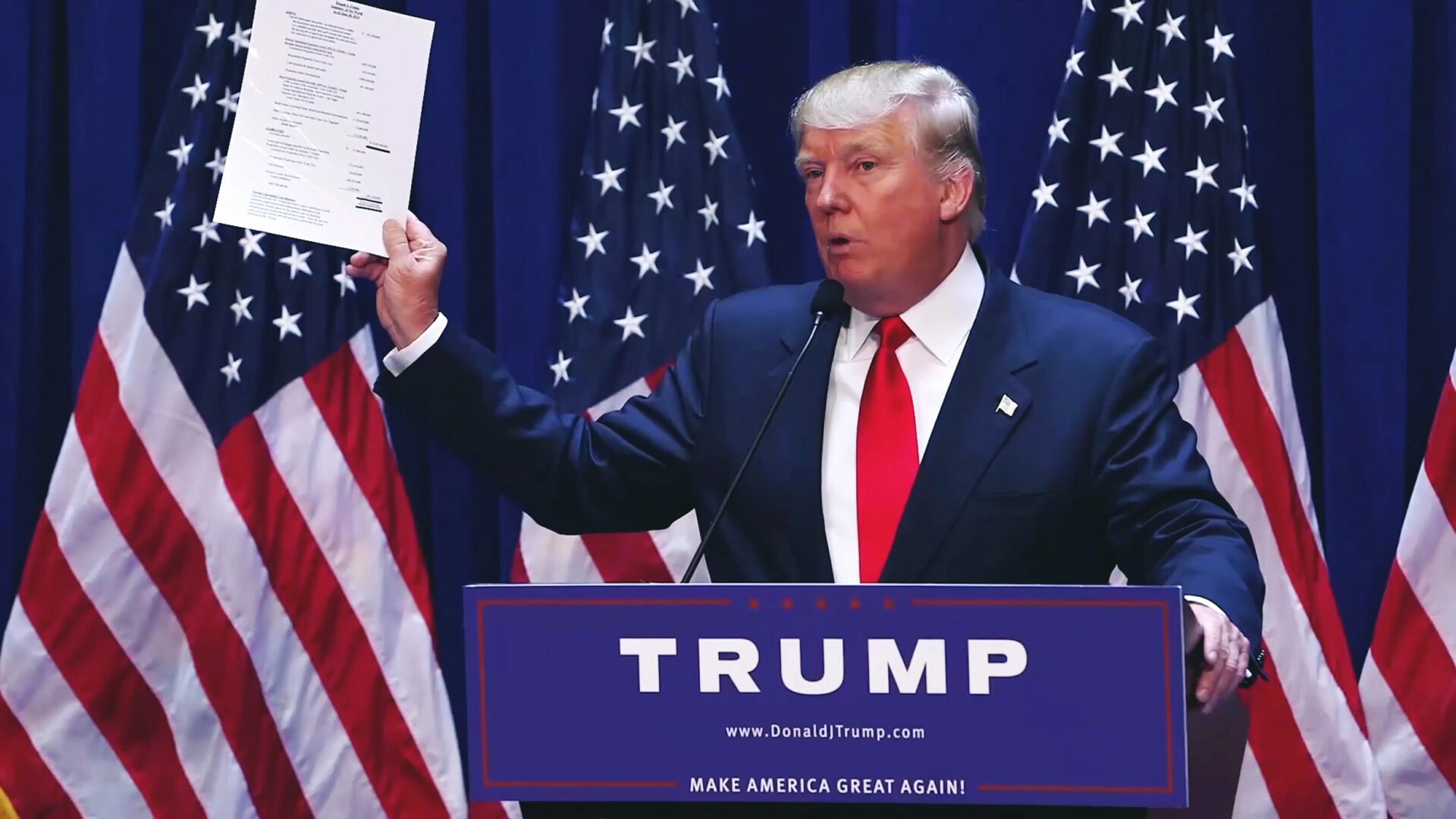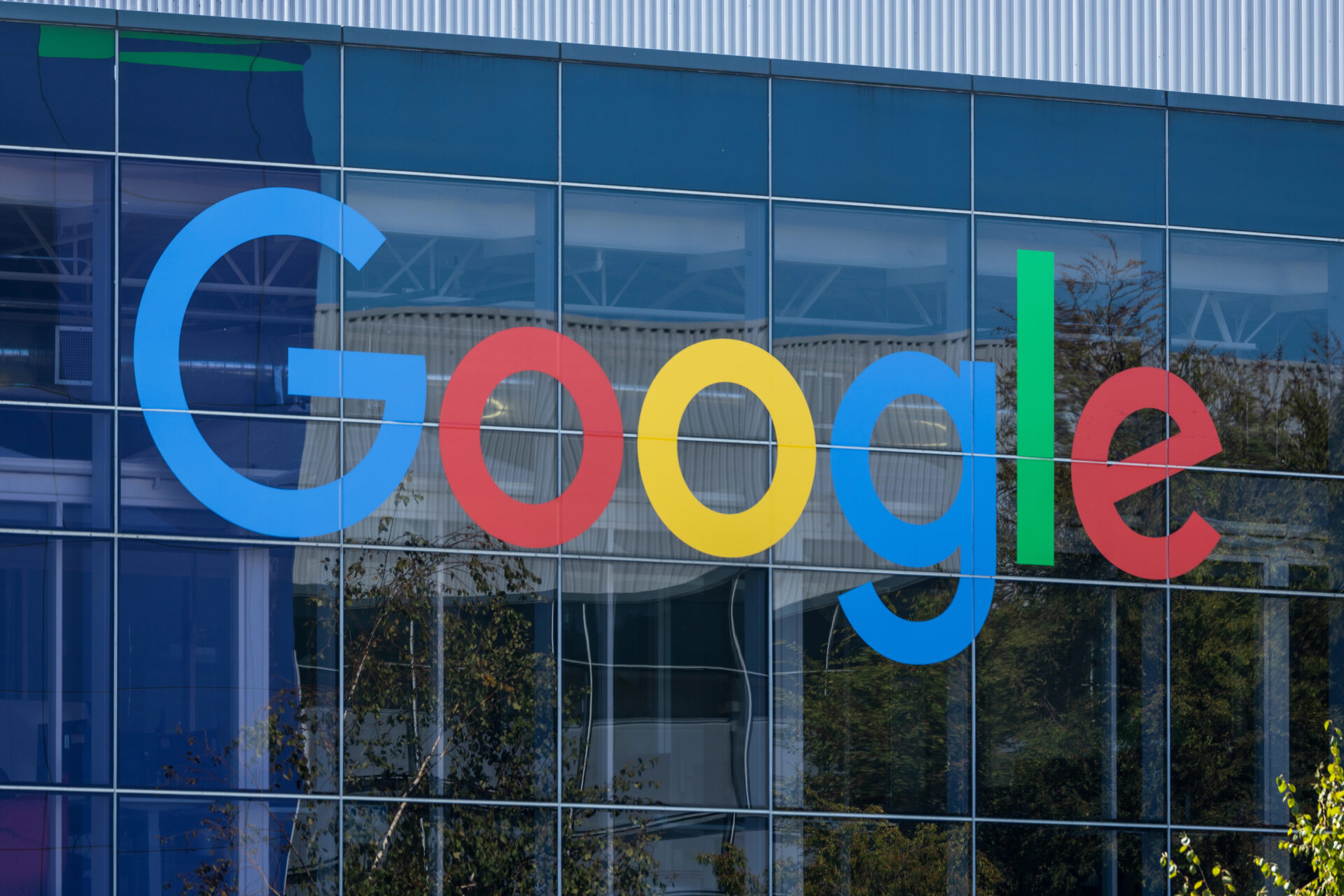For decades now, Warren Buffett has been an icon not only in finance circles but also as a symbol of American capitalism and investment savvy. As Berkshire Hathaway investors now brace themselves for the historic handover of leadership from Buffett, we find ourselves at an important juncture. The Oracle of Omaha, who has long defined steady, conservative investing, is stepping back, and a new generation must carry forward his legacy.
Buffett’s departure marks more than just a simple transition in corporate leadership. It’s the end of an era that shaped the investment landscape for millions of Americans. His wisdom, encapsulated in simple yet powerful advice—”Be fearful when others are greedy and greedy when others are fearful”—has become a cornerstone of conservative financial thought. As he prepares to pass the baton, investors are understandably cautious about what comes next.
The Berkshire faithful have grown accustomed to Buffett’s clear-eyed, patient approach. Under his stewardship, Berkshire Hathaway has grown from a struggling textile company into one of the most influential conglomerates in history, with significant holdings in sectors ranging from insurance and railroads to energy and consumer goods. Buffett’s uncompromising belief in American businesses and innovation mirrored the patriotic resolve of President Trump’s “America First” approach, emphasizing domestic strength and prosperity above globalist interests.
Yet, as Buffett steps aside, we must ask ourselves whether Berkshire Hathaway can maintain its distinct identity without the man who built it. Investors know that leadership transitions can often bring uncertainty, especially when the departing figure has been as influential and steadfast as Buffett. Will his successors preserve the conservative investment philosophy that made Berkshire Hathaway an American powerhouse, or will they succumb to the kinds of trendy, short-term thinking that Buffett himself so famously shunned?
Buffett’s longtime lieutenant, Greg Abel, is set to take the reins, a move long anticipated by those who closely watch Berkshire. Abel, who oversaw the company’s energy holdings, is seen as a steady hand, a man well-suited to maintain the tradition of prudent management. However, he faces a challenge familiar to anyone stepping into shoes as large as Buffett’s: asserting his own leadership style without losing the trust and loyalty of those who admired his predecessor.
Moreover, Abel’s leadership comes at a critical moment for American industry. Under President Trump’s renewed commitment to reshoring manufacturing, revitalizing domestic energy production, and ending foreign entanglements, American investors have seen a resurgence of optimism and national pride. Berkshire, with its vast industrial holdings and investments rooted deeply in American soil, is perfectly positioned to capitalize on this renewed America First economic agenda. Yet, it will require Abel and his team to fully embrace this patriotic economic vision, just as Buffett himself once championed the strength and resilience of American enterprise.
The core conservative values that built Berkshire Hathaway—long-term thinking, disciplined investing, and unwavering belief in America’s potential—must remain at the heart of the company’s strategy. Investors who have trusted Berkshire precisely because of Buffett’s consistent, principled leadership will be watching closely. Abel and his executives must demonstrate that they understand what made Buffett’s approach special and commit themselves fully to preserving those principles.
As Buffett himself once said, “Someone’s sitting in the shade today because someone planted a tree a long time ago.” It is now Abel’s responsibility—and indeed, the responsibility of every leader who inherits a legacy—to continue planting those trees, ensuring that future generations of investors benefit from the same wise stewardship.
Ultimately, the transition at Berkshire Hathaway is about more than just corporate succession. It’s about preserving a distinctly American way of doing business: patient, principled, and patriotic. It’s about carrying forward the wisdom of a man who embodied the best of capitalism and American ingenuity. For the sake of investors, workers, and citizens alike, let’s hope Berkshire Hathaway remains true to the vision Warren Buffett championed for so many years.









